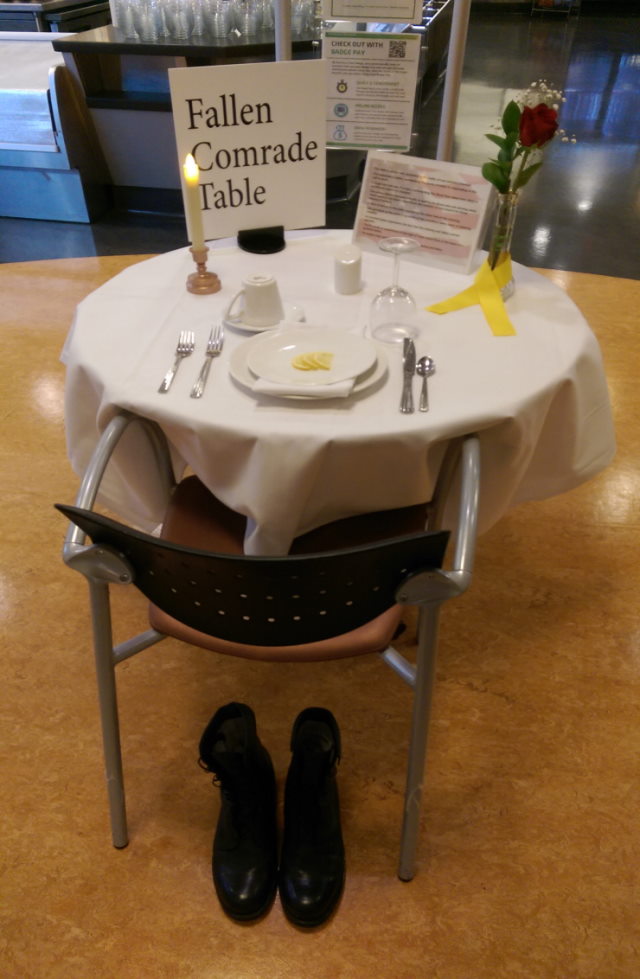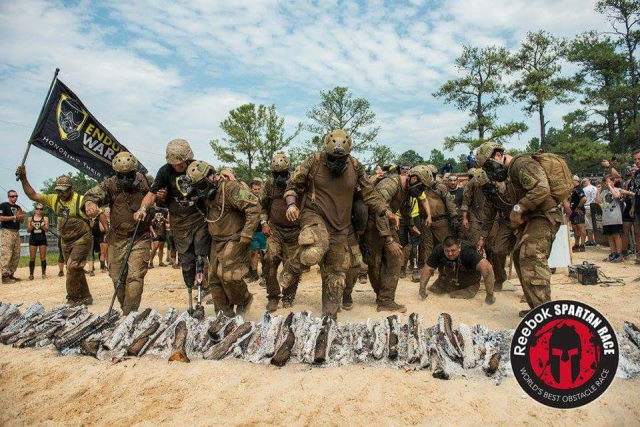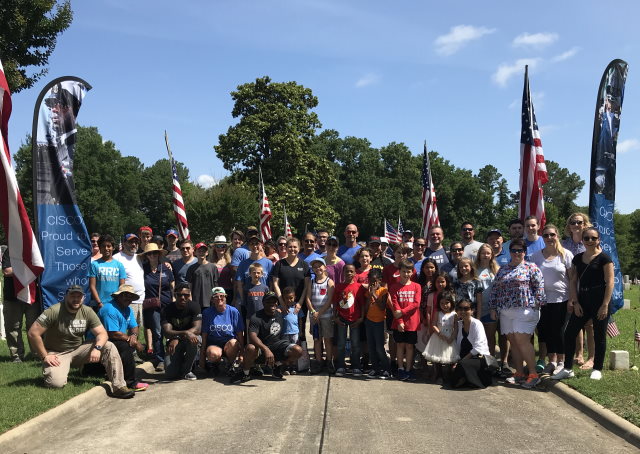2021-November-29
Did you know? You can share this story using the social media icons on the upper left. Use the hashtag #WeAreCisco. You can also rate or comment on the story below.
How I Learned to Heal Myself
BY SEANN RITZMAN · HIGH TOUCH OPERATIONS MANAGER · UNITED STATES
WITH HELEN GALL
Editor’s Note: The following story involves a discussion about mental health, including suicide, which might be upsetting to some readers.
“Someone I loved once gave me a box full of darkness. It took me years to understand that this too, was a gift.”– Mary Oliver
We hear “time heals all wounds.” Like hell it does. It’s what we do with time that is key to healing.
We can use it to pick at a wound. Or, we can sit with the wound, process it, then seize the opportunity to actively find ways to heal ourselves.
The choice is our own. Most times it will not be easy — but we are worth it. What follows is my story of how I stopped picking at my wound.

My fateful choice
Years ago, I enlisted in the U.S. Navy. Catapulting myself into a major life change was an exciting, albeit horrifying, experience.
It was a choice I initially regretted. Bootcamp was jarring: Yelling instructors, 80 roommates, open showers, more yelling, sleep deprivation, and lousy food.
I realize now that my feelings were not abnormal or an overreaction. I was reacting normally to a chaotic situation — traumatic even — and not the other way around. In fact, looking back, I actually enjoyed that time and appreciate the growth opportunity it gave me.
More importantly, although I didn’t know it then, my years in uniform were preparation for a bigger test in my life, and were instrumental in becoming the person I am today.
A life-altering event
One event in particular from active duty molded me more than any other situation in my life: The death by suicide of my Navy roommate Dennis.
His death was traumatic and something I struggled with. It still hurts and impacts me: The occasional flashback popping up for a split second to disrupt my day.
Dennis was being processed out of the Navy having been diagnosed as homicidal, suicidal, and schizophrenic — he’d hit a point of hopelessness.
But Dennis’ pain didn’t end with his death. I feel I absorbed some of it, which was amplified when his family, in their grief, called me a murderer.
Unable to accept his death was a suicide, they needed someone to blame. They blamed me — and their heartache left me wondering if I could have done something more to help him.
My leadership, concerned for my wellbeing, recommended counselling to ensure I was fit for duty. I was diagnosed with PTSD (Post-Traumatic Stress Disorder) along with depression, which runs in my family.
I buried myself in work to keep distracted — and for the most part, it worked. I received Jr. Sailor of the Quarter and was nominated for Jr. Sailor of the Year.
But while most people likely didn’t see a difference, I haven’t been the same since. I’m more serious, literal, and I lost an innocence that day that will never return.

Refusing to buy stock in my diagnosis
But PTSD wasn’t something I wanted to invest in.
I decided to take back control and opted to see it as what General Mattis, the former secretary of defense, has described as “Post Traumatic Growth”.
It was a slow struggle, but I found the opportunity wrapped in this tragedy: Learning compassion and championing for others who face trauma.
With Cisco’s Employee Resource Organizations (EROs), I have been able to leverage my trauma and its hard lessons by working as VETS Chief of Staff under our co-leads.
I also serve as global co-lead with Connected Disabilities Action Network (CDAN). Between both EROs we are working to amplify the efforts of the many at Cisco who reach out to those whose lives intersect with trauma.
Reframing my tragedy for good
I have worked hard to help heal myself from my own struggles. Some existed prior to and some followed Dennis’ death. Along the way I have contemplated my own suicide and questioned my self-worth.
But I have learned there is power in my story. Maybe, like I once did, you wear a mask of peace and contentment while engaging with a world you feel doesn’t fully care.

To those on the verge of breaking, I SEE YOU. I AM YOU!
It might take multiple counselors. It’s OK if it takes a few tries to find one who you have a connection with.
It might take speaking up. We all need to be better about voicing our struggles, because we are not alone in our trauma, anxiety, or depression. We all carry pain in one form or another.
I encourage you to “work… talk… live through it.” If you are struggling, please reach out to the resources that Cisco provides to employees for help.
Or if you want to chat, you can find me on Webex, the #SafeToTalk space, or LinkedIn.
Related Links
Connect everything. Innovate everywhere. Benefit everyone.
Share your thoughts!
Log in to rate and commentShare your thoughts on the story here!